Less plastic, more fantastic: Picky Nicky on the sustainability of hotel amenities
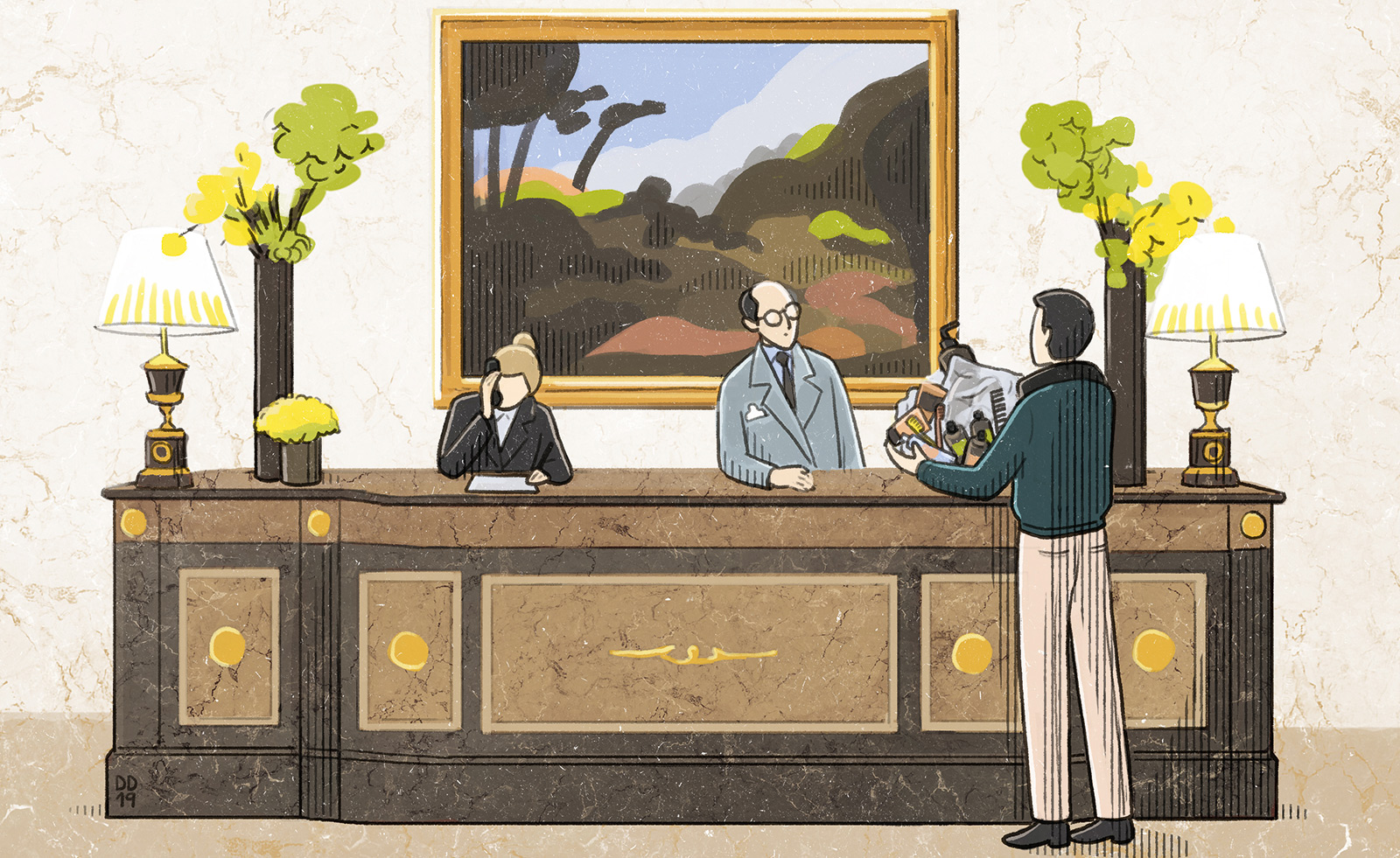
When I checked into my room at the Park Hyatt Tokyo for the first time, in 2006, I got to sample Aesop skin and haircare products and have been using them ever since. I took the products home and continued to use the 50ml containers for a number of years, refilling them over and over when travelling.
The Four Seasons hotel group claims to have been the first to introduce complimentary in-room shampoo and other toiletries, inventing the hotel amenity as we know it today. The alternative – travelling with carry-on liquids – is challenging, but about the only thing I will use from a hotel’s amenities now is a bar of soap or a refillable dispenser. Everything else is packaged in plastic and often disposed of partially used and replaced daily by housekeeping.
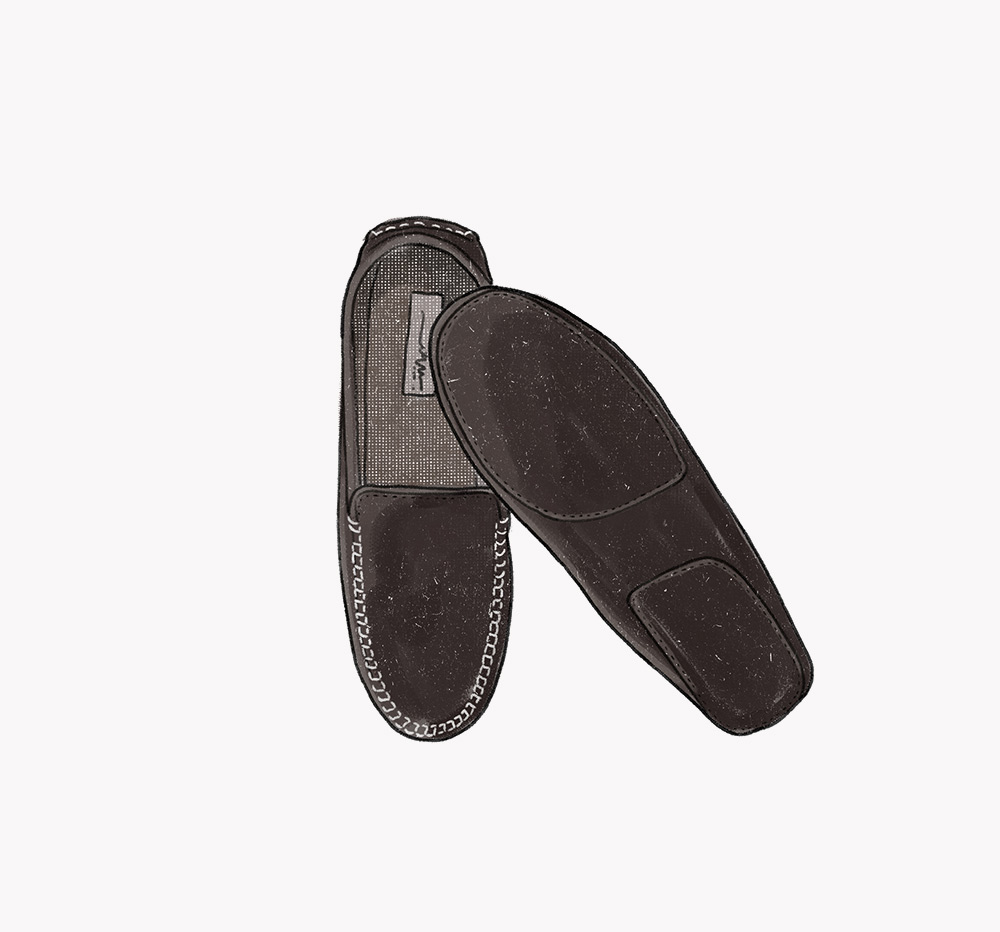
Pack it in: reject the plastic-soled hotel slippers and travel with a cashmere-lined, soft-grained leather pair by Alonpi Cashmere for Connolly. £260, connollyengland.com.
Once welcomed as a perk for clients, the provision of amenities is now a bit of a headache for the hospitality sector. Hotels want to offer products that fit with their brand positioning. Recycled plastic is considered lacking in premium feel and glass is a health and safety risk, so something like PET (polyethylene terephthalate, a plastic widely used for packaging) is the easy option. It can be recycled, yes, but where reliable recycling infrastructure does not exist (think about the challenges in the Seychelles or the Philippines), the chances of that happening are slight. In fact, only a quarter of the 8.3 billion tonnes of virgin plastic produced since the 1950s has been recycled, leaving 6.3 billion tonnes discarded as waste.
Most Aman properties provide amenities in ceramic containers that are cleaned and refilled and feel right on brand. My regular hotel in Paris, the India Mahdavi-designed Thoumieux, at least uses 500ml bottles by Aesop that are only replaced when empty. But many luxury hotels seem to feel that refillable vessels are contrary to good service – guests are fussy about cleanliness. I would take that as a design challenge.
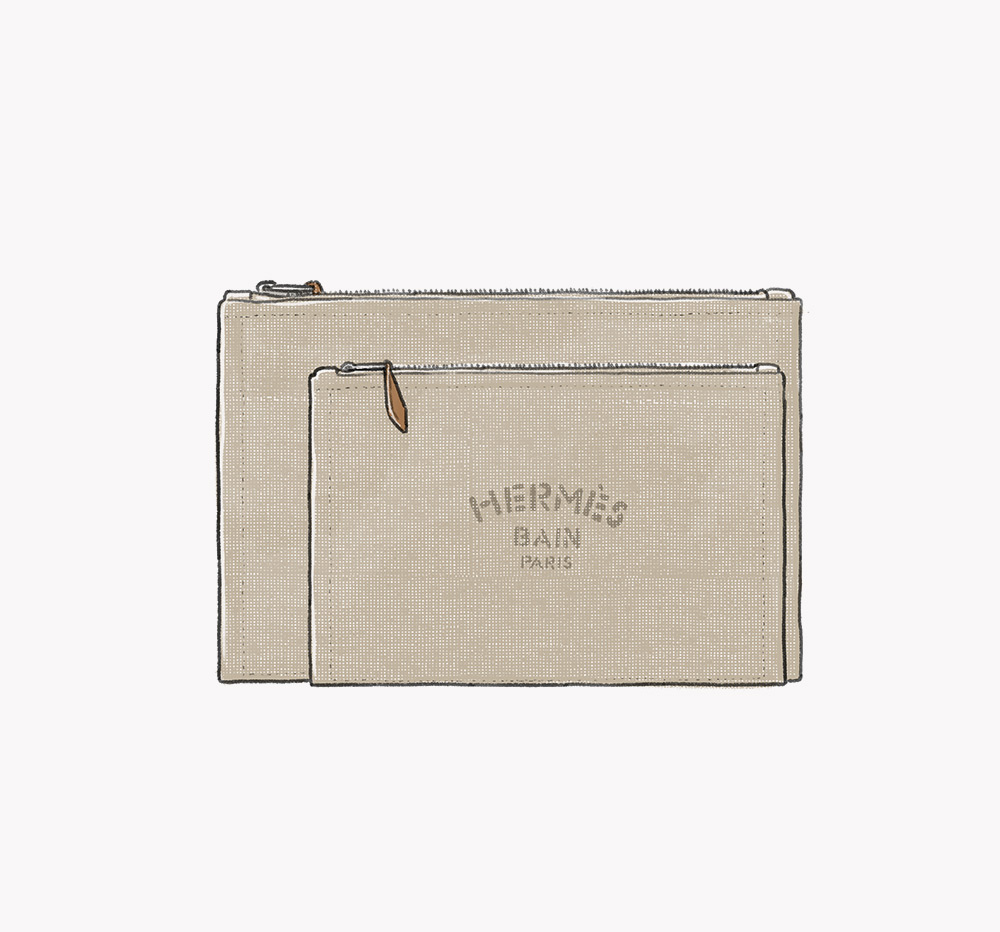
Travel right: these canvas washbags from Hermès come in two sizes (great for varying trip lengths) and pack flat when not needed. From £140, hermes.com.
ADA International, a leading maker of hotel amenities, produces for 22 brands, Hermès and Bulgari among them. It can fill around 63 million plastic bottles and dispensers a year (84 per cent made from PET). Consider that in Dubai alone 11.58 million tourists accounted for 21.89 million room nights in the first three quarters of 2018, and you see the problem is off the scale.
While hotels and their suppliers struggle to find a solution, they keep buying plastic. Clients need to take over. We need to reject these products, leave them unopened or, better still, take them down to the general manager and say we won’t use them until they can offer something better.
Hotel room no-nos
Hotels should remove plastic-wrapped sewing kits and make a proper sewing box available on request, with a larger selection of buttons and threads.
Replace the plastic-stemmed cotton buds with ones with paper stems and put a few in a ceramic or wooden holder. They don’t need to be sealed in plastic.
Yes, occasionally, clients need a toothbrush, but it does not have to be in plastic, and toothpaste can also come in recyclable metal tubes instead of plastic.
Clients can live without plastic showercaps.
Find a better way to serve water in the room – for example, filtered rather than bottled.
As originally featured in the March 2018 issue of Wallpaper* (W*240)
Receive our daily digest of inspiration, escapism and design stories from around the world direct to your inbox.
Also known as Picky Nicky, Nick Vinson has contributed to Wallpaper* Magazine for the past 21 years. He runs Vinson&Co, a London-based bureau specialising in creative direction and interiors for the luxury goods industry. As both an expert and fan of Made in Italy, he divides his time between London and Florence and has decades of experience in the industry as a critic, curator and editor.
-
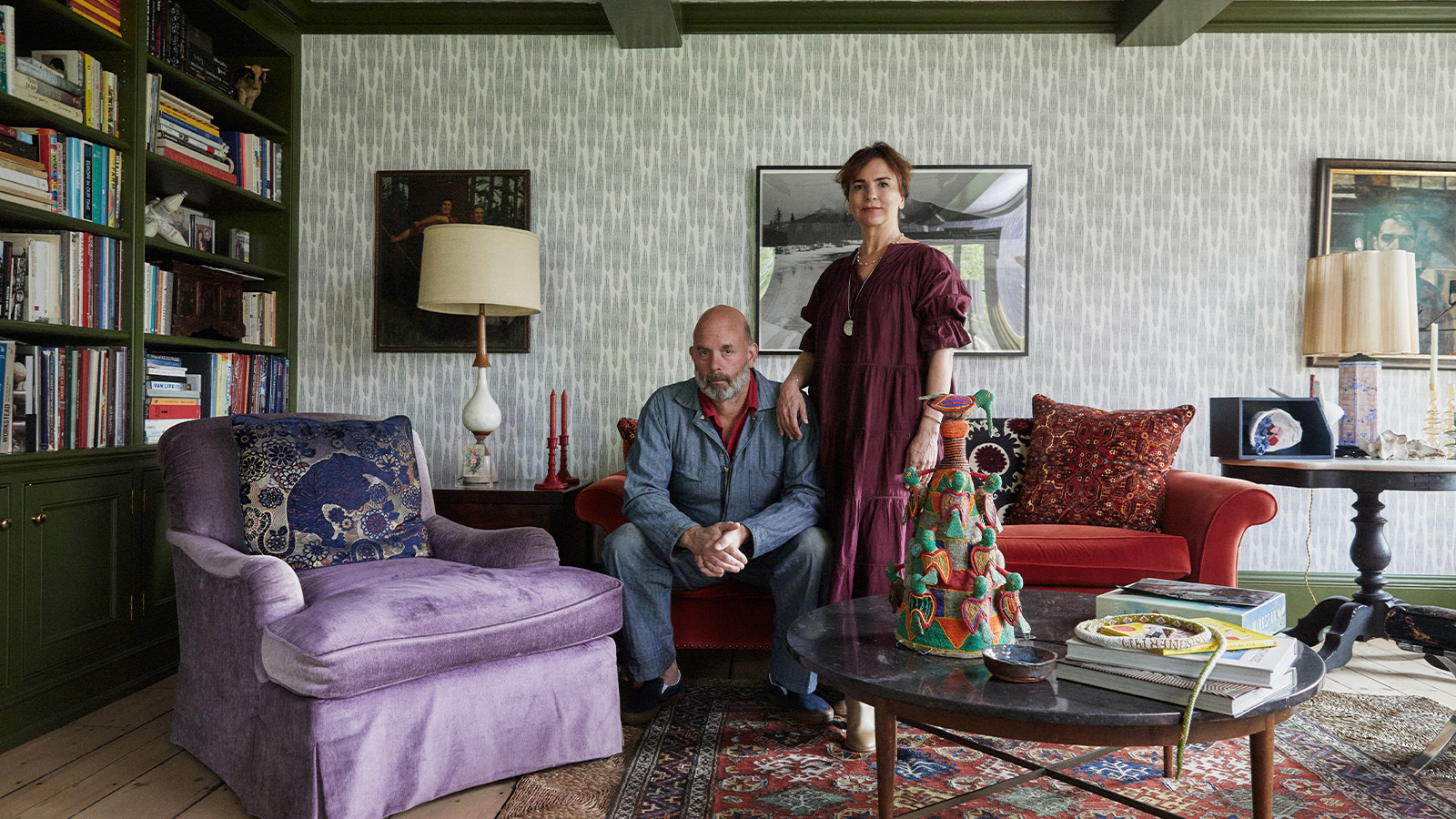 How We Host: Interior designer Heide Hendricks shows us how to throw the ultimate farmhouse fête
How We Host: Interior designer Heide Hendricks shows us how to throw the ultimate farmhouse fêteThe designer, one half of the American design firm Hendricks Churchill, delves into the art of entertaining – from pasta to playlists
-
 Arbour House is a north London home that lies low but punches high
Arbour House is a north London home that lies low but punches highArbour House by Andrei Saltykov is a low-lying Crouch End home with a striking roof structure that sets it apart
-
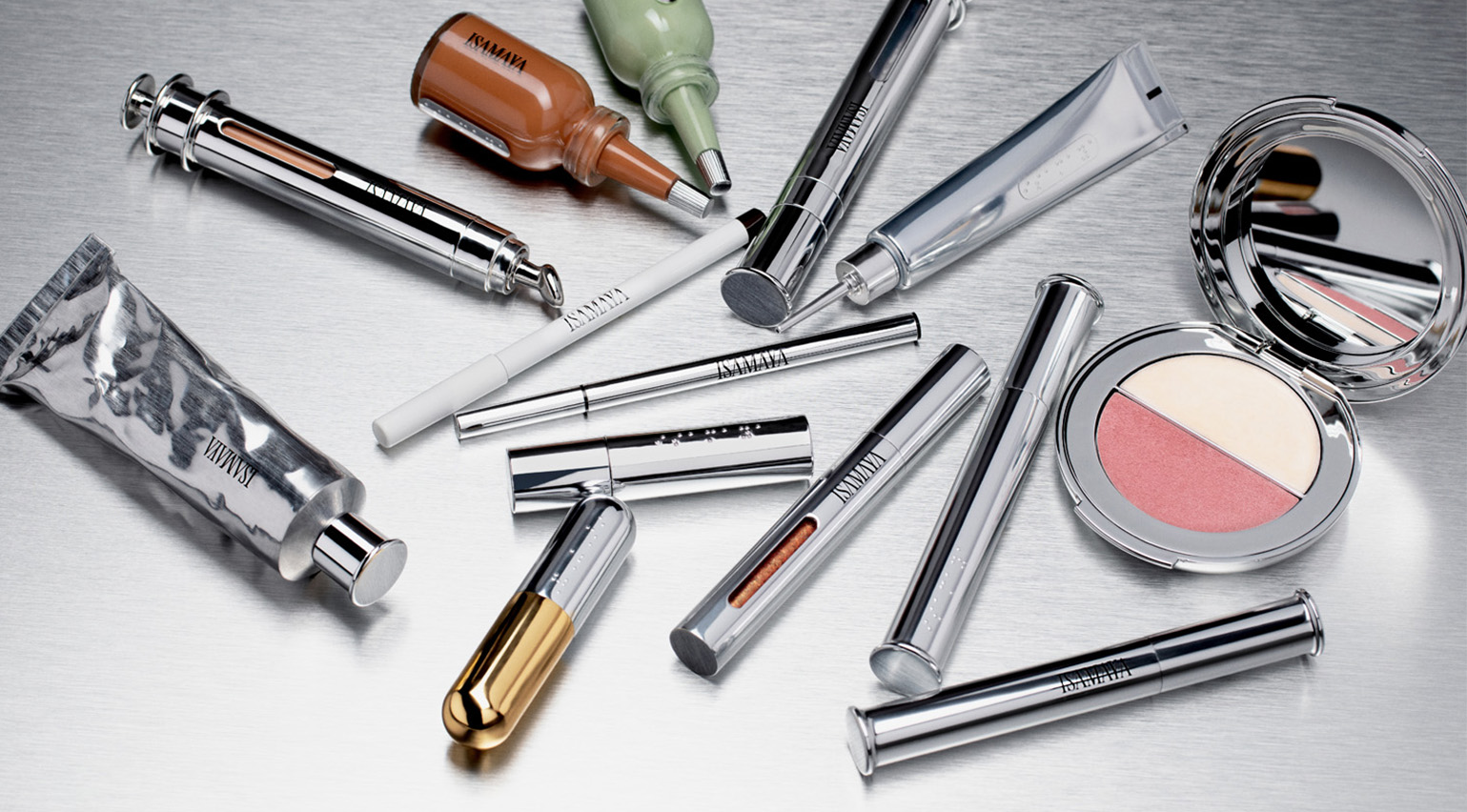 25 of the best beauty launches of 2025, from transformative skincare to offbeat scents
25 of the best beauty launches of 2025, from transformative skincare to offbeat scentsWallpaper* beauty editor Mary Cleary selects her beauty highlights of the year, spanning skincare, fragrance, hair and body care, make-up and wellness
-
 Elephant World wins Best Sanctuary: Wallpaper* Design Awards 2021
Elephant World wins Best Sanctuary: Wallpaper* Design Awards 2021Including exhibition space set amid courtyards and pools, the Elephant World's architecture nods to both human and elephant needs; all, to a design by Boonserm Premthada's Bangkok Project Studio in Thailand
-
 We're longing for a whimper not a bang this New Year's Eve
We're longing for a whimper not a bang this New Year's EveOver the top New Year’s Eve events leave Picky Nicky pained
-
 Unique selling points: how hotel gift shops could do more to float your boat
Unique selling points: how hotel gift shops could do more to float your boatHotel gift shops are more often than not a big disappointment, says Picky Nicky
-
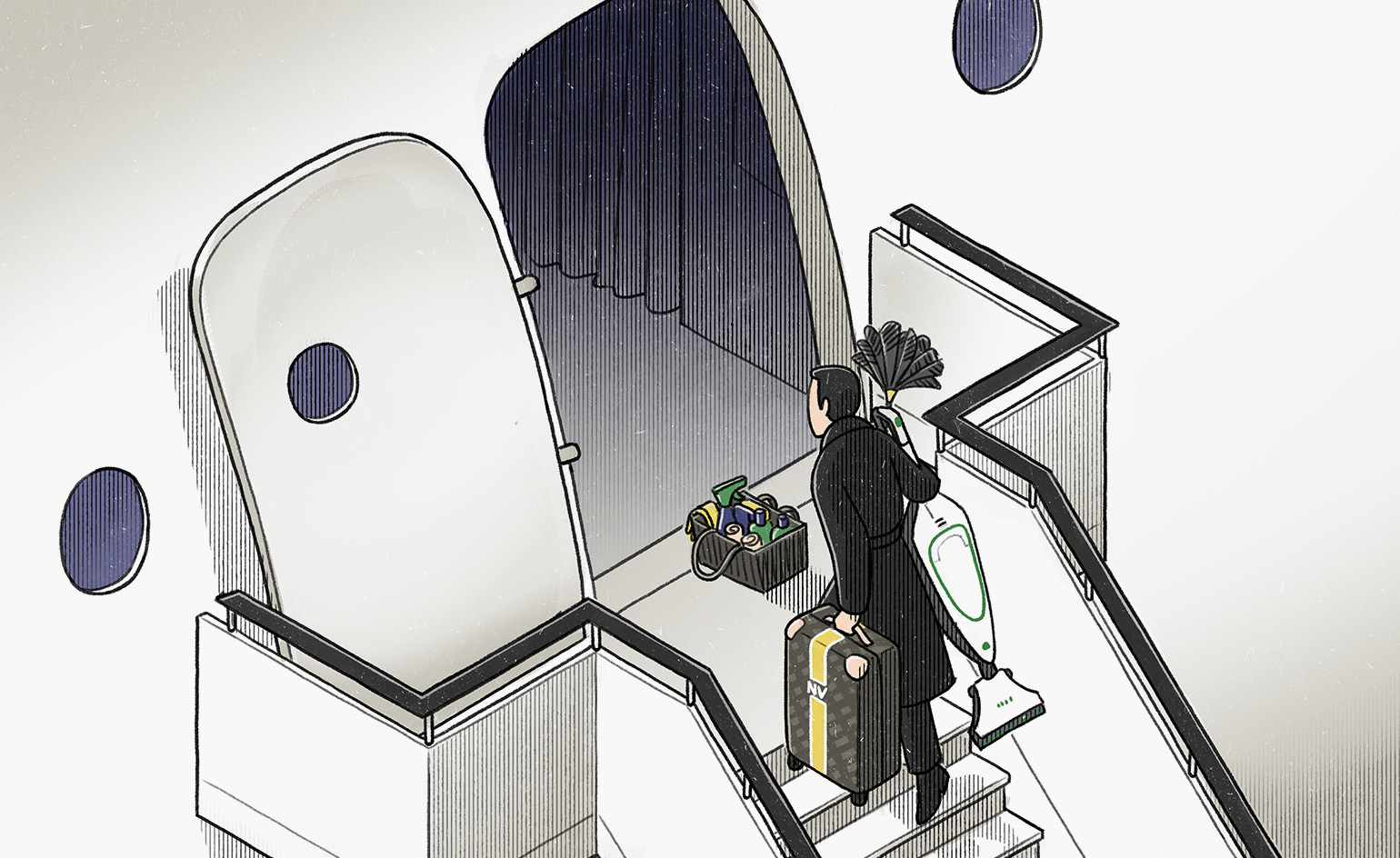 All the air rage: Picky Nicky asks his carrier to clean up its act
All the air rage: Picky Nicky asks his carrier to clean up its act